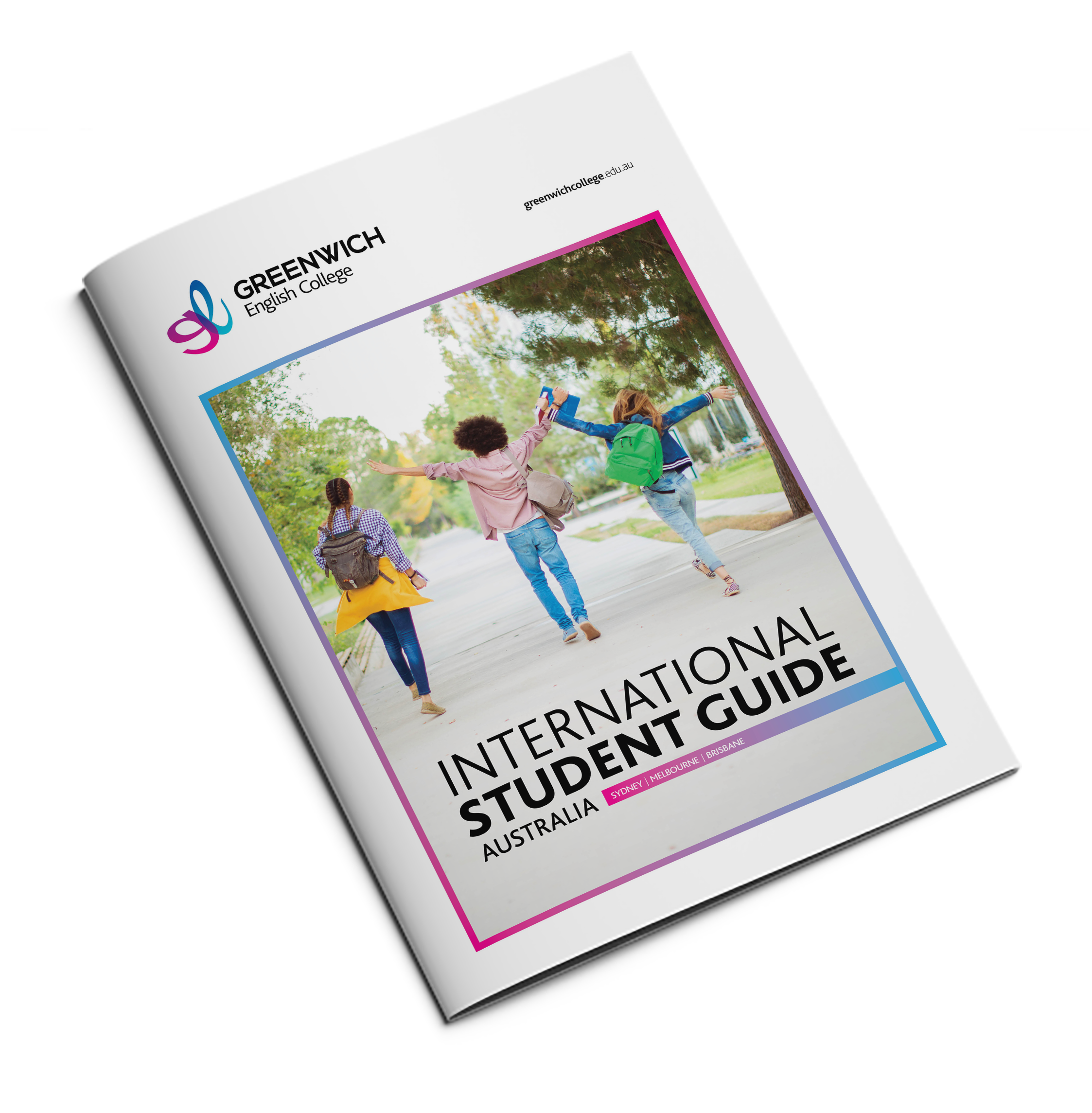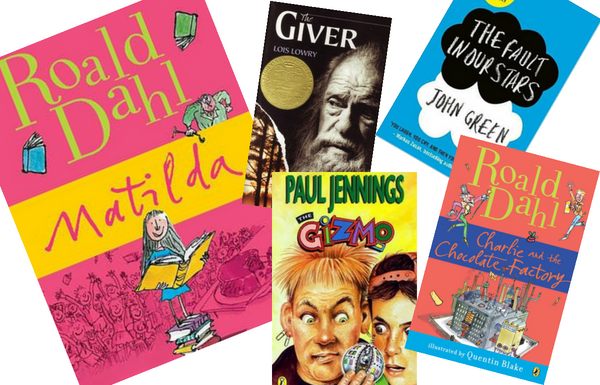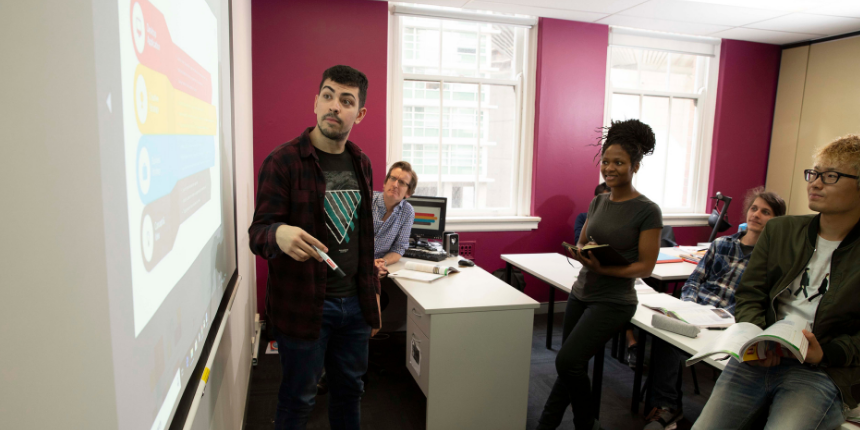.jpg?width=1903&height=644&name=IMG_4106%20(1).jpg)
Latest News

Ditch the Device: Why translating is likely doing more harm than good for your vocabulary building
Translating seems useful because it gives you an answer quickly and lets you relate the word to another word in your language. This is fine occasionally, but often this actually makes it harder to build vocabulary.
Our brain is constantly taking in and processing information, and we would be overwhelmed if we remembered everything we encountered. To help prevent this, our brain filters and quickly forgets details it doesn't consider important. When we find a word we don't know, translate it, and move on, our brain treats that information as an unimportant detail and quickly forgets it.
Additionally, sometimes the translation is just wrong. Many English words have multiple different meanings depending on the context. The translation that you are given may not be the one that was meant for the situation. Even if your translator gives you multiple translations, it may not give you all of them, and you might have a hard time picking out which translation was meant even if it does. Additionally, your native language may not have a word that fits the meaning exactly, so the translation you are given may just be an approximation of the meaning that is completely inaccurate.
So, what can you do?
It's actually rather rare that we see a word or phrase in isolation. There's almost always a context. If you're reading a book or watching a movie, there's a story happening with known characters in detailed situations. Signs are usually posted in particular locations. A magazine article covers a specific topic. There's always other information we can take in to help us understand the meaning of words we don't know. So, look around the word before you take the easy way out and translate. Try to make a guess of what the words means or at least try to narrow down what type of word it is: just identifying if it's a noun, verb, adjective, etc will go a long way in helping you understand the word.
This strategy is particularly useful when encountering words you don't know while reading. When reading, you are in control. You can pause, consider, go back to a previous page or paragraph, and so on. It's the perfect opportunity to build vocabulary at your own pace.
One strategy when reading a story goes like this…
When you first encounter a word you don't know while reading, underline or highlight it, make a note of the page it's on, but continue reading: it might not be very important to understanding the overall text. The second time you see it, underline or highlight it and take note of the page again: if a word is repeated, it might be important. The third time you see it, underline or highlight it again, and take a look at all the times you've noticed it being used before. Ask yourself questions like "Is this an action, an object, an adjective?", "Does this word seem to only appear in a particular type of situation?", "Is it describing an emotion? Is it a positive or negative emotion?", and so on. Try to make a guess at the meaning, and then look it up in a learner's dictionary (not a translator!) and see if you are right.
"Wow, isn't that a bit of work for one word?"
You're right, it is a bit of work, and that's a good thing. Remember earlier when we talked about how the brain likes to forget information it thinks isn't important? Well, when you actively work to find the answer to something, your brain thinks the details of the situation must be important, and so it holds onto the knowledge more firmly in order to help you in the future. It's the same reason why you may not remember what you got for take-away last Thursday, but that beautiful pasta dish that took you two hours to make last month is still fresh in your mind.
After you've discovered that new word, write it down and use it! Try to work it into a conversation, use it in your next blog post, or even write your own short story that incorporates the word. The more you use the word, the more likely it'll solidly stay in your English repertoire, and you'll be one step closer to becoming an English master!
Stay connected to your classmates and upcoming events via Greenwich English College Facebook Page.
 Chinese
Chinese Japanese
Japanese Italian
Italian Korean
Korean Spanish
Spanish Portuguese
Portuguese Thai
Thai Vietnamese
Vietnamese







